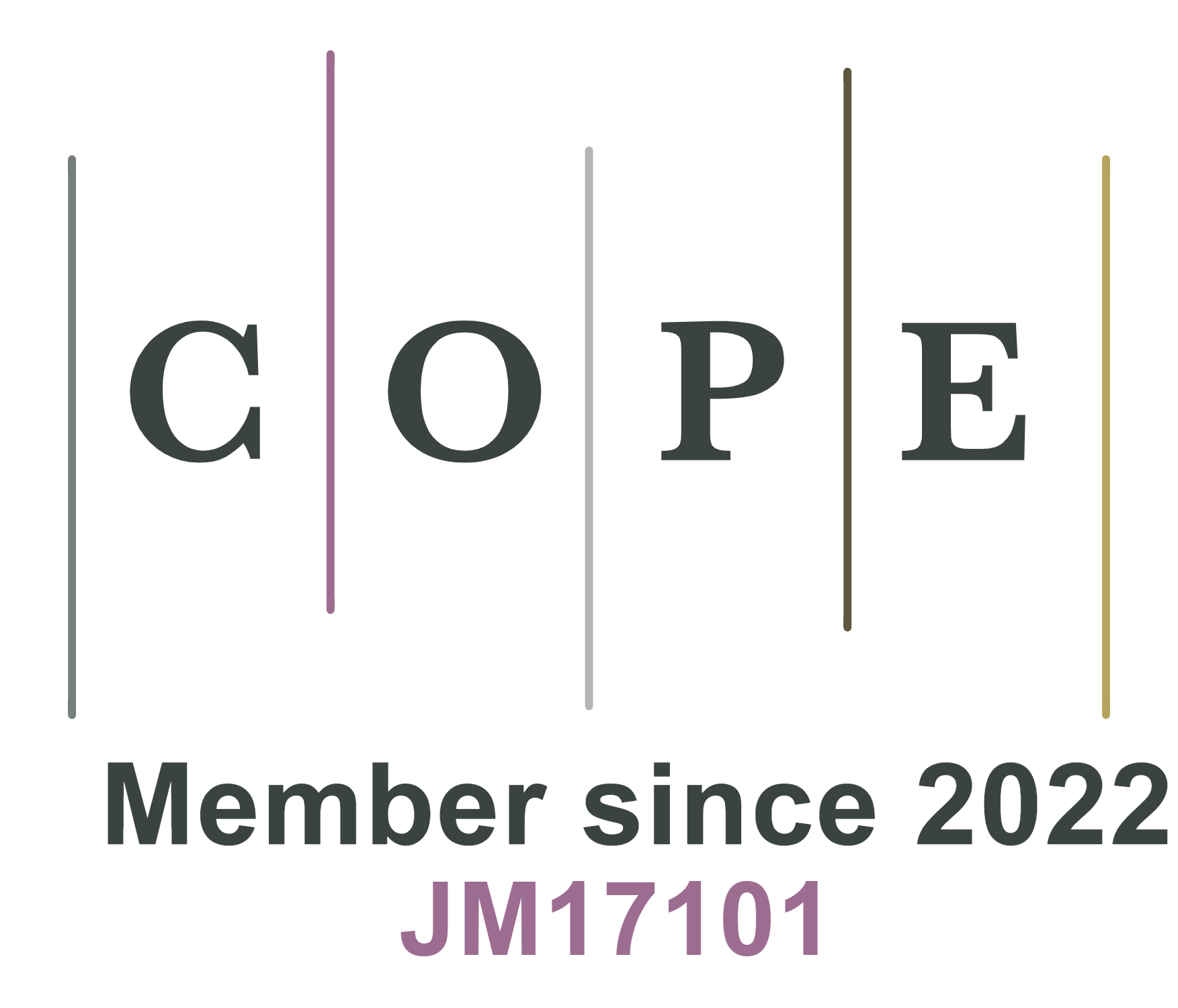Article | Open Access
High density polyethylene with phase change materials for thermal energy management
Views: 23
Energy Mater 2024;4:[Accepted].
Author Information
Article Notes
Cite This Article
Abstract
Phase change materials (PCMs) represent an innovative solution to passively manage device temperature or store heat, taking advantage of the material phase transitions. In this work, the attitude of high density polyethylene (HDPE) for the shape stabilization of three selected organic PCMs with a melting temperature close to 55 °C was investigated. Composites with PCM content in the range of 50-61 wt.% were produced by melt compounding, and lab-scale panels were produced by compression molding. The ability of the supporting olefinic matrix to stabilize the PCM and contain leakage was verified and compared through thermo-mechanical characterization. Moreover, expanded graphite was introduced according to a novel under-vacuum impregnation process in order to provide an extra stabilizing contribution, resulting in an outstanding thermal conductivity increase of up to 1.6 W/m·K, and a maximized enthalpy of 112 J/g. Besides the shape stability, HDPE also improves the mechanical properties of PCM-based composites, as documented by detailed and extended characterization through cold and hot compression tests, flexural tests, Vicat and shore A tests. The thermal management effect of the materials is quantified through infrared thermography, by proportionally relating the temperature lags to the high melting/crystallization enthalpy of the investigated products. In view of thermal management applications in the range of 30-60 °C, the main properties of selected HDPE panels with different PCMs are summarized and compared.
Keywords
High density polyethylene, phase change materials, thermal management, thermal energy storage, expanded graphite, thermal conductivity, mechanical properties
Cite This Article
Sacchet S, Valentini F, Rizzo C, Po R, Fambri L. High density polyethylene with phase change materials for thermal energy management. Energy Mater 2024;4:[Accept]. http://dx.doi.org/10.20517/energymater.2024.112
Copyright
© The Author(s) 2025. Open Access This article is licensed under a Creative Commons Attribution 4.0 International License (https://creativecommons.org/licenses/by/4.0/), which permits unrestricted use, sharing, adaptation, distribution and reproduction in any medium or format, for any purpose, even commercially, as long as you give appropriate credit to the original author(s) and the source, provide a link to the Creative Commons license, and indicate if changes were made.














